Know More
About Us
The Taj Mahal was commissioned in in 1632 by the Mughal emperor Shah Jahan. It designated as a UNESCO World Heritage Site in 1983 for being “the jewel of Muslim art in India and one of the universally admired masterpieces of the world’s heritage”
Food is our passion
Traditional Kashmiri food since 2006
What is Kashmiri cuisine?
The history of modern Kashmiri cuisine can be traced back to the fifteenth century invasion of India by Timur, and the migration of 1700 skilled woodcarvers, weavers, architects, calligraphers and cooks from Samarkand to the valley of Kashmir. The descendants of these cooks, the Wazas, are the master chefs of Kashmir. The ancient epic of Kashmir, namely the Nilmatapurana informs us that Kashmiris were heavy meat eaters. This habit still persists in today’s Kashmir.
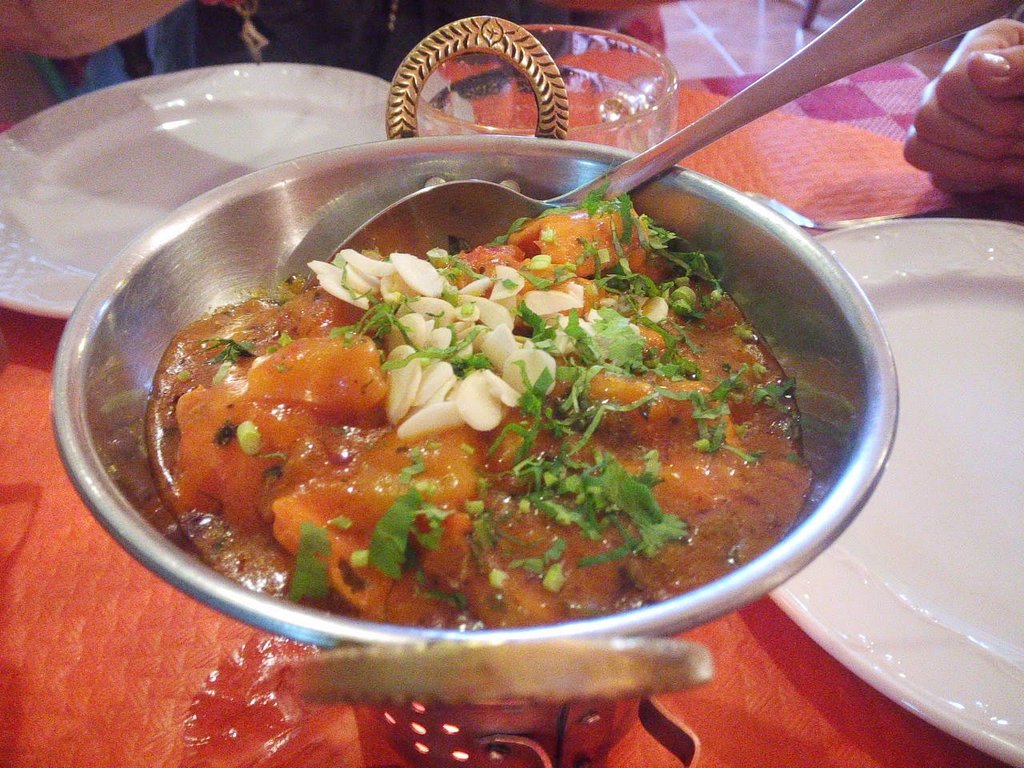
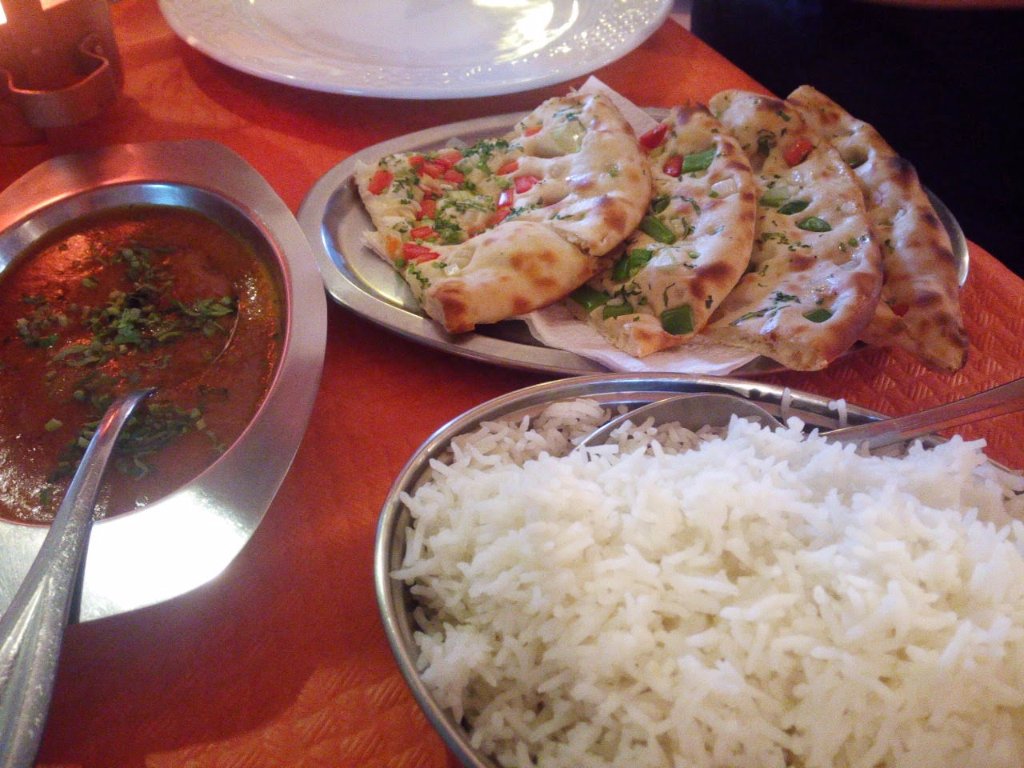
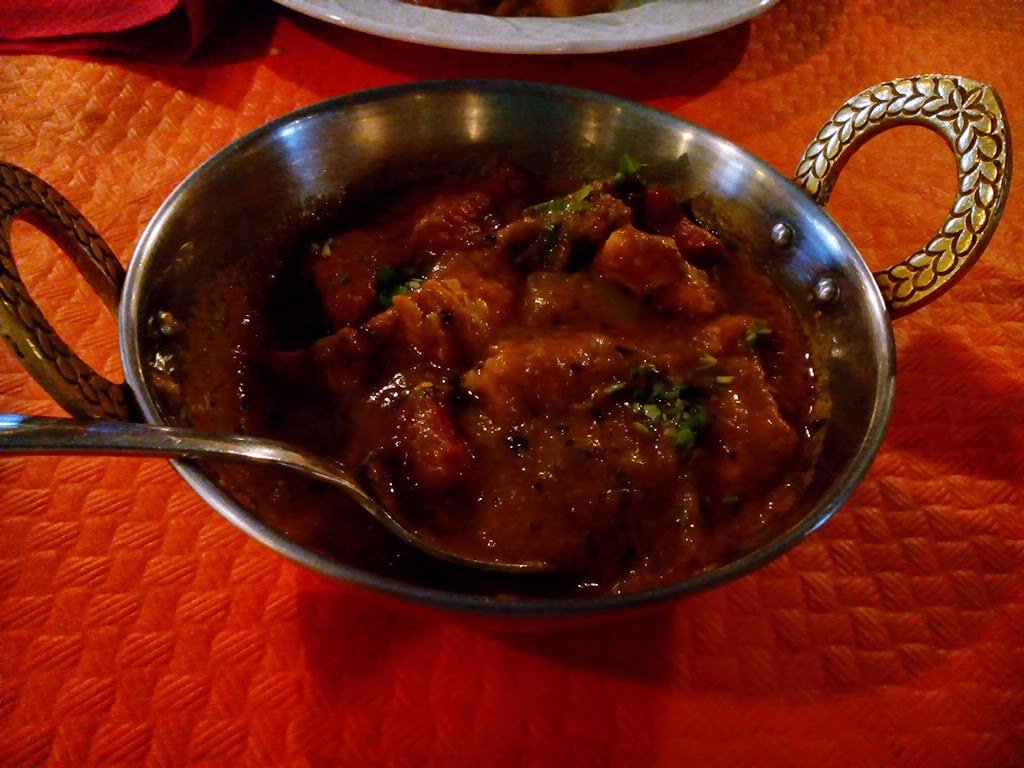
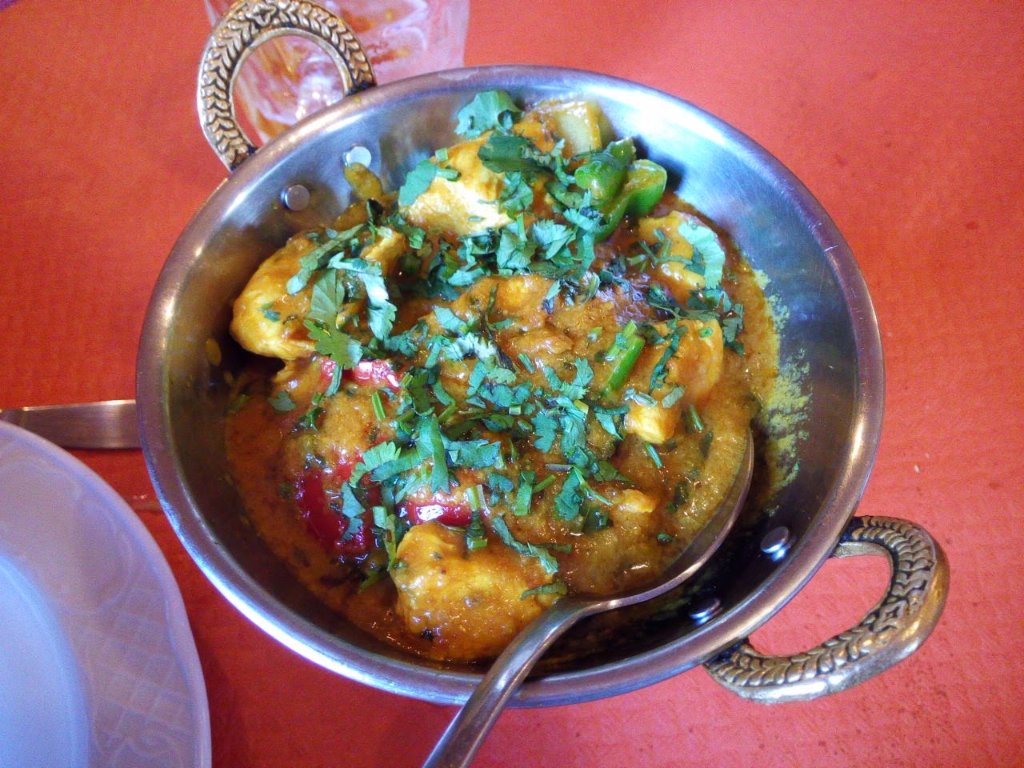
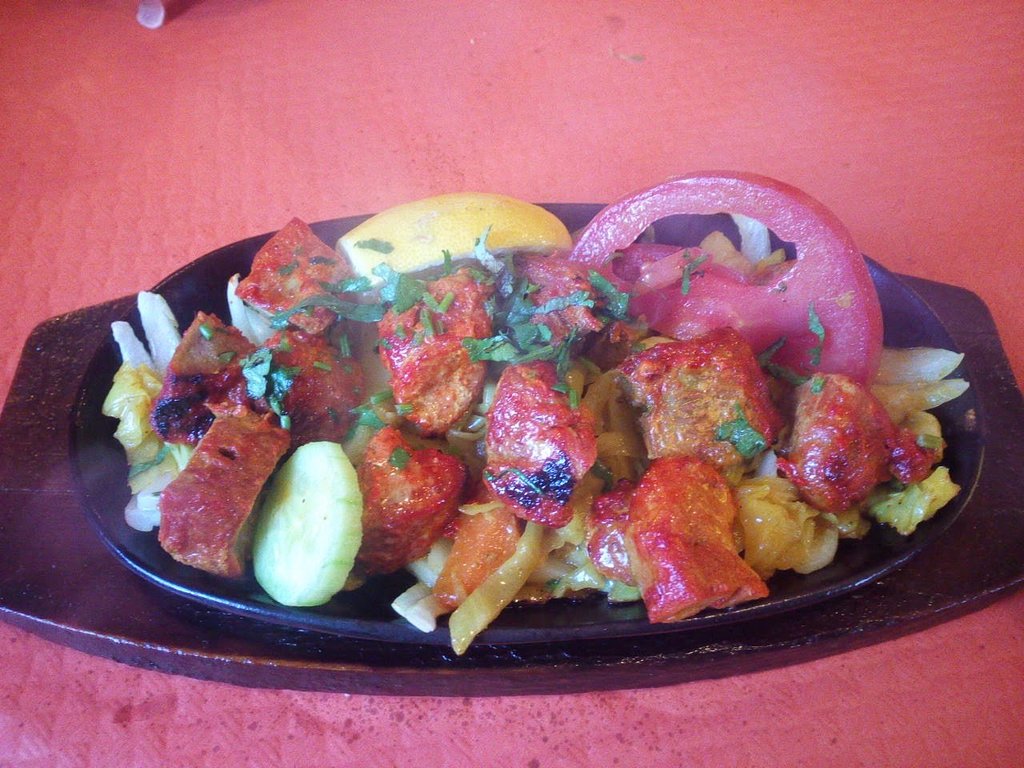
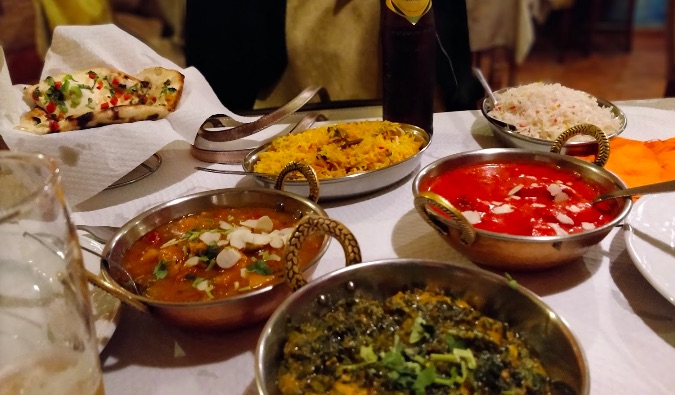
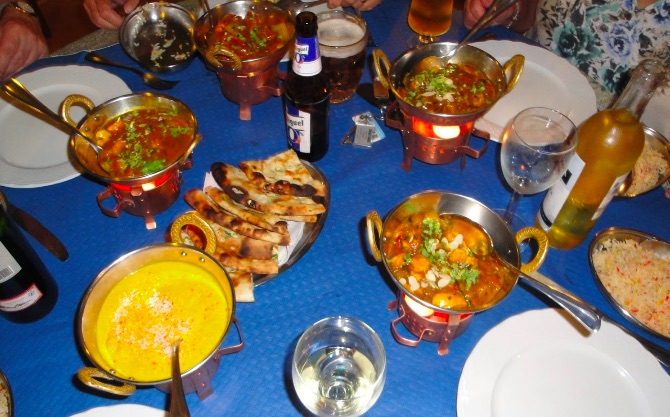
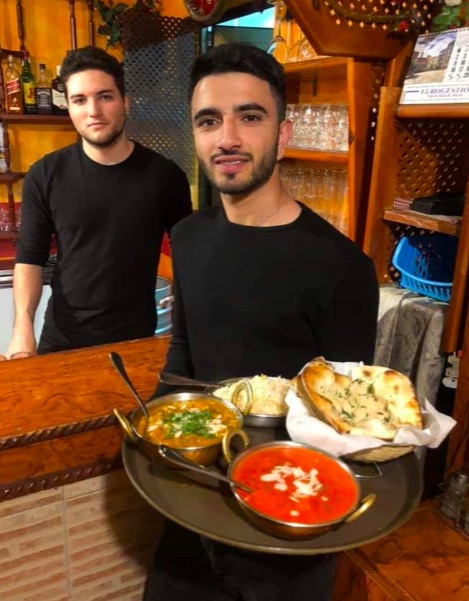
A Few Words About Us
Timeless cuisine served with modern passion
Fourteen years ago my father started this restaurant because there was no indian restaurant in the area, and customers at my uncle’s restaurant in Torre del Mar encouraged him to open. My father and his two brothers all had restaurants, we had one in Weisbaden in Germany as well. Last year my father returned to his home land and now I am the second generation to offer the residents in this beautiful land the best of my native cuisine.
Free WiFi For Everyone
Ask for password to any staff
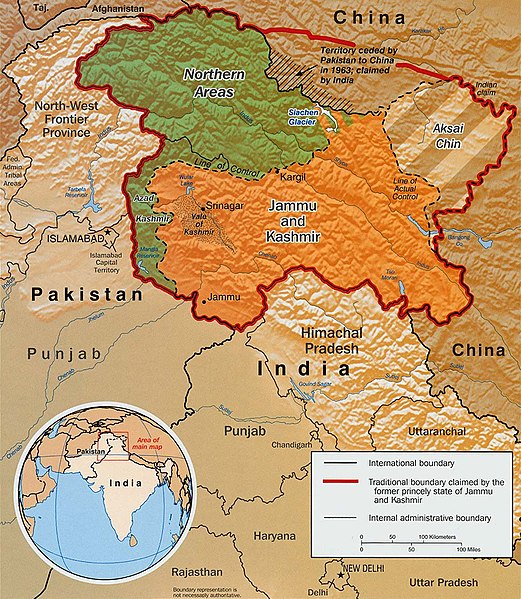
Kashmir -a region full of history
In the first half of the first millennium, the Kashmir region became an important centre of Hinduism and later of Buddhism; later still, in the ninth century, Kashmir Shaivism arose. In 1339, Shah Mir became the first Muslim ruler of Kashmir, inaugurating the Salatin-i-Kashmir or Shah Mir dynasty. The region was part of the Mughal Empire from 1586 to 1751, and thereafter, until 1820, of the Afghan Durrani Empire. That year, the Sikh Empire, under Ranjit Singh, annexed Kashmir. In 1846, after the Sikh defeat in the First Anglo-Sikh War, and upon the purchase of the region from the British under the Treaty of Amritsar, the Raja of Jammu, Gulab Singh, became the new ruler of Kashmir. The rule of his descendants, under the paramountcy (or tutelage) of the British Crown, lasted until the Partition of India in 1947, when the former princely state of the British Indian Empire became a disputed territory, now administered by three countries: India, Pakistan, and China.
Our Food Policy
We clearly want your experience of our food to be favorable. We maintain strict standards of hygiene and only use ingredients in their best condition. If you have specific dietary requirements please tell us. We will try to accommodate your wishes.
We offer most dishes with the option of mild, medium or hot. We believe if a person asks for mild they really don’t like much spice at all. Medium is for the average consumer of Indian food. There is a little heat but you can still enjoy the other flavours in the dish. If you ask for hot we assume you are an experienced consumer and that you know what you will get.
Don’t be embarassed to ask for a “doggy bag” if you want to take anything you haven’t managed to eat home, but please make sure you refrigerate leftovers immediately and properly reheat it the next day. This applies to rice as well as the meat and fish dishes.
Our Core Values
“We are what we eat”
Food is so important to us. It gives us the energy to live, it provides the building blocks to grow and repair our bodies, and herbs and spices can aid our health, but there is so much more. The flavours can remind us of the past as well as stimulate our senses and set our mood for the future. It can comfort us when we are alone and bring conviviality to us when we eat in a group. Every religion celebrates with feast days, Families celebrate reunions, birthdays and other events with food and we are privileged that these major events for you are often in our restaurant. With such trust in us, we will do everything we can to give you the experience you wish for.
